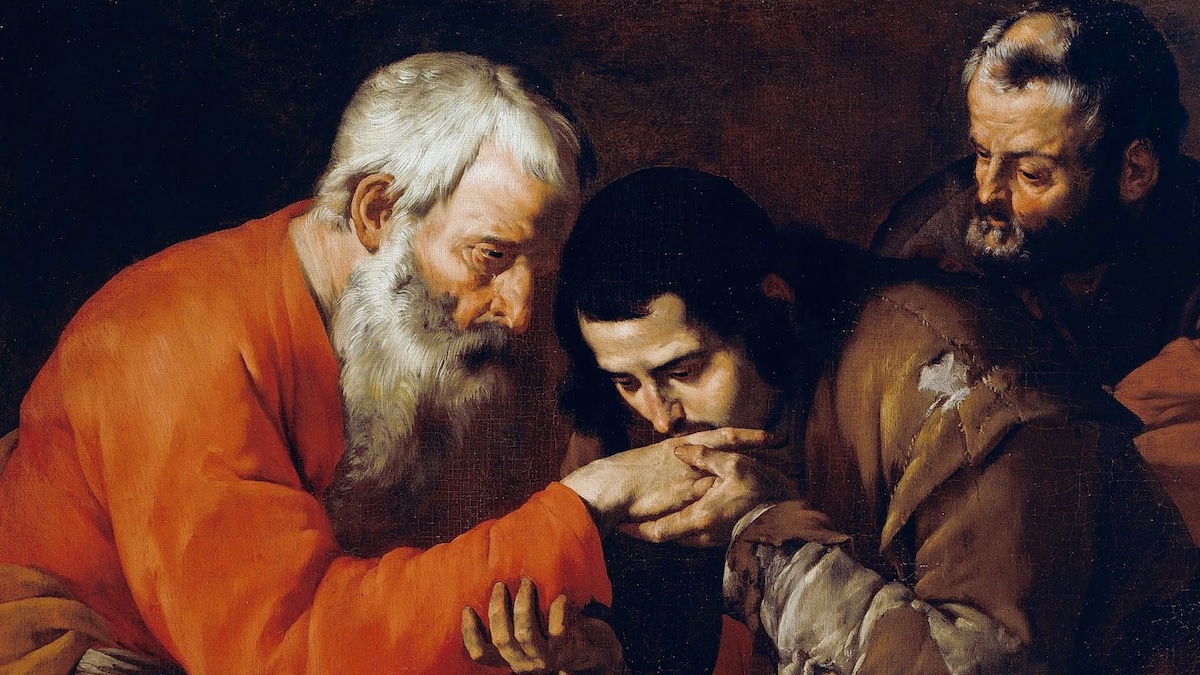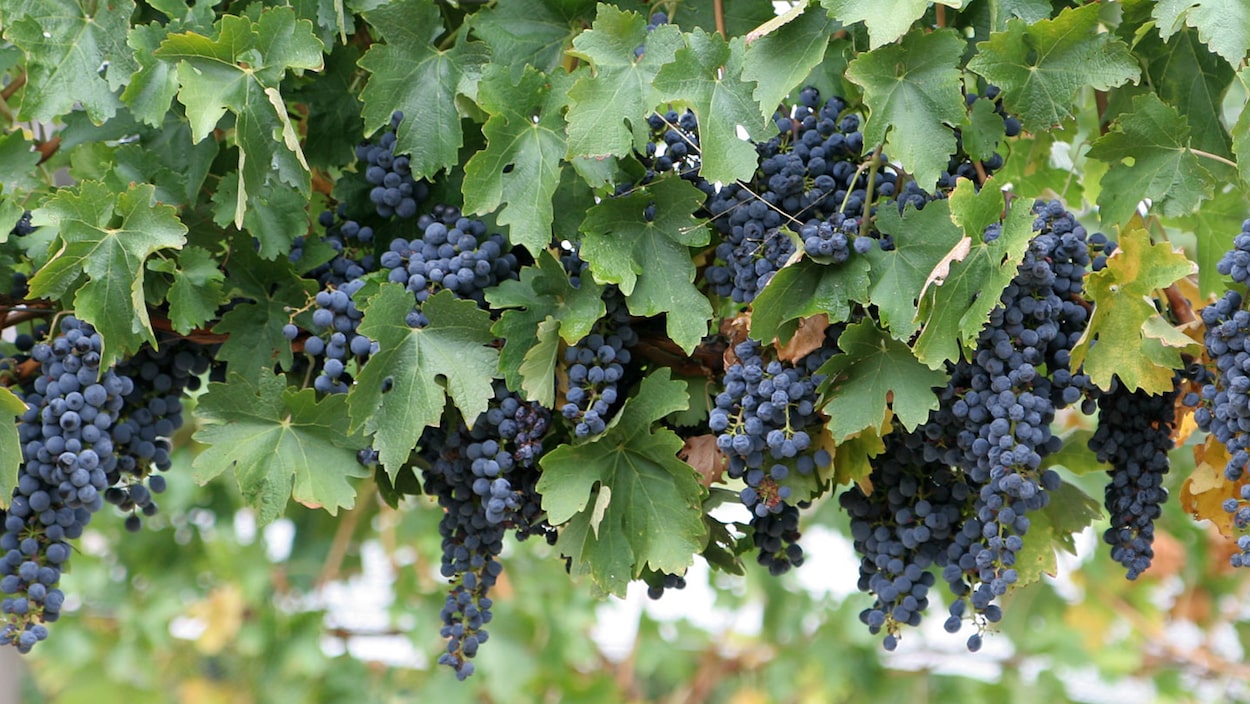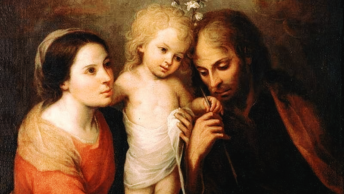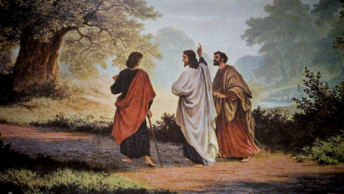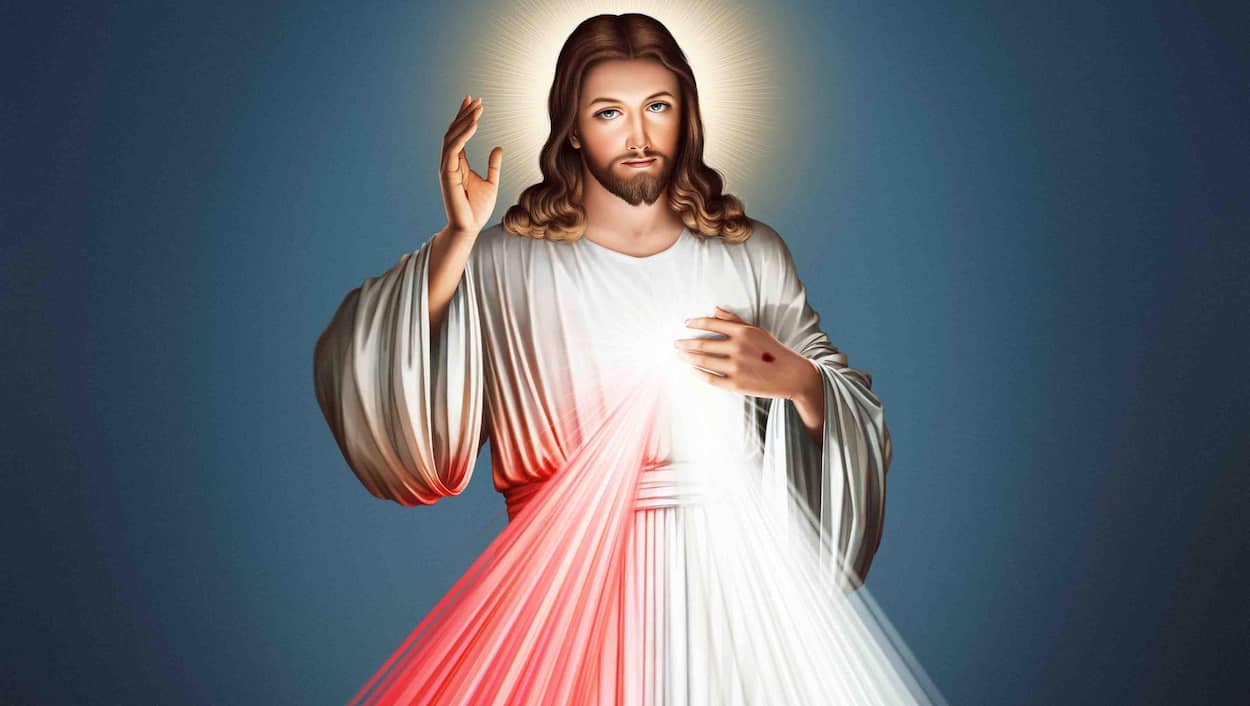Even this time, the passage from the Gospel of Matthew (21:28-32) is blistering and very disturbing, especially for chief priests and elders of the people. That includes me and any priests and bishops whom you might know, but also those among you who are attending Mass regularly here, those in a position of authority or of influence and any other who might take for granted a seat at the endless Wedding Feast of heaven, due to plenty of good deeds done and familiarity with things sacred.
Did I leave out anyone? Actually, let us think if it would be safe and wise for any of us to be left out of this divine scrutiny with which Jesus, who is the Way, the Truth and the Life, challenges us.
What is common to all of us mortals is our fallibility, our natural propensity for making mistakes of all kinds. Now, if we combine this fallibility with the innate pride we inherited as a dreadful consequence of original sin, we have a potentially very explosive mix.
The category chief priests and elders of the people includes all those who have power of some kind, are duly given deference, honor and respect on account of that power or expect deference, honor and respect even if not deserved, yet are still beset with fallibility just as are those over whom they exercise their authority, those who obey and honor them.
Most of the time, the result is predictable. It is refined hypocrisy.
This realization, which is fruit of Jesus’ love for each one of his brothers and sisters and of divine grace, gives me the shivers, truthfully, because I cannot hide anywhere my position of authority as my role, my duties, my shepherding are in plain and full view.
On account of the honor and deference given routinely, those in the category chief priests and elders of the people to which I definitely belong, are more readily tempted to resort to hypocrisy rather than admit wrongdoings. Therefore, you see how much I need your prayers and good example so that I may never hide my mistakes and weaknesses.
Pray that I may feel confident in having been chosen by Christ in spite of my flaws and that I may imitate St. Paul who wrote: “I will rather boast most gladly of my weaknesses, in order that the power of Christ may dwell with me.” (2 Corinthians 12:9)
However, you too are burdened by the potentially very explosive mix of fallibility and innate pride inherited as a dreadful consequence of original sin. Hence, some of you might try to wiggle out of the challenge presented by this parable of the two sons. This concise parable is basically a test of placing hypocrisy on the one plate of the scale: appearance, status, position, make-beliefs, denials and hot-air, hollow words and on the other plate: substance, facts, deeds, concrete evidence.
And, of course, the potentially very explosive mix of fallibility and innate pride is forcefully evident in those who are running for office. In theory, they are supposed to be asking for our vote so that, once elected, they serve our best interests as citizens of this earth. But, most importantly, we cannot forget that we are citizens of heaven in exile on this earth until the Lord God calls us home.
Our choices must be such that they help us become better citizens of heaven. We cannot compromise our adoption as children of our Heavenly Father. What we are sorting out in these months preceding the presidential elections should be enlightened by this parable of the two sons. We should pick those whom we find more reliable in helping us out to do always the will of our Heavenly Father.
A significant biblical aspect of this disturbing parable I would like to point out to myself, first, and then to you, too, is this: according to the usual biblical pattern, the first son is the one supposed to be the most blessed of all children in the family, while the second, or the younger one, is supposed to be the bad one, causing all sorts of troubles.
This might be also what we commonly expect to happen in the “real world.”
The chief priests and elders of the people, i.e., the firstborns, the leaders, those who hold prominent positions of power and authority, are assumed to be good and reliable, and efficient, and productive and honest, while the others, “the younger children,” “the prodigal sons,” the troublemakers, are those who might create most of the problems and draw suspicion.
This is how we assume the world is and that is why we are shocked and surprised whenever this pattern is broken. This has to be said even though, at long last, we are getting a bit smarter: we do not give any more the benefit of the doubt to “the firstborns;” we have grown suspicious of some in high places, including some of the Church hierarchy.
We adhere to the lesson that it is better to have done wrong once, twice, many times, and owned up to our mistakes, each time, than to have pretended to be better than we actually were, to have covered up and have lied about it.
Thanks to the work of the Holy Spirit, we should not be surprised if the younger son changes his mind and goes to work in his father’s vineyard; if the prodigal, younger son, returns home to Daddy and starts a new life; if tax collectors and prostitutes enter the Kingdom ahead of those who were beyond suspicion, us included.
We must believe that what counts before God and what counts before our brothers and sisters is precisely what we are holding in our hearts and which inspires us to act, to commit ourselves to and to give of our real selves. Everyone has the right to expect of us substance, facts, commitments, perseverance, proven dedication and accountability.
The good news we must embrace and live by today is that goodwill, humble acceptance of our inadequacy and full docility to the inspirations of the Holy Spirit will make all this possible.

